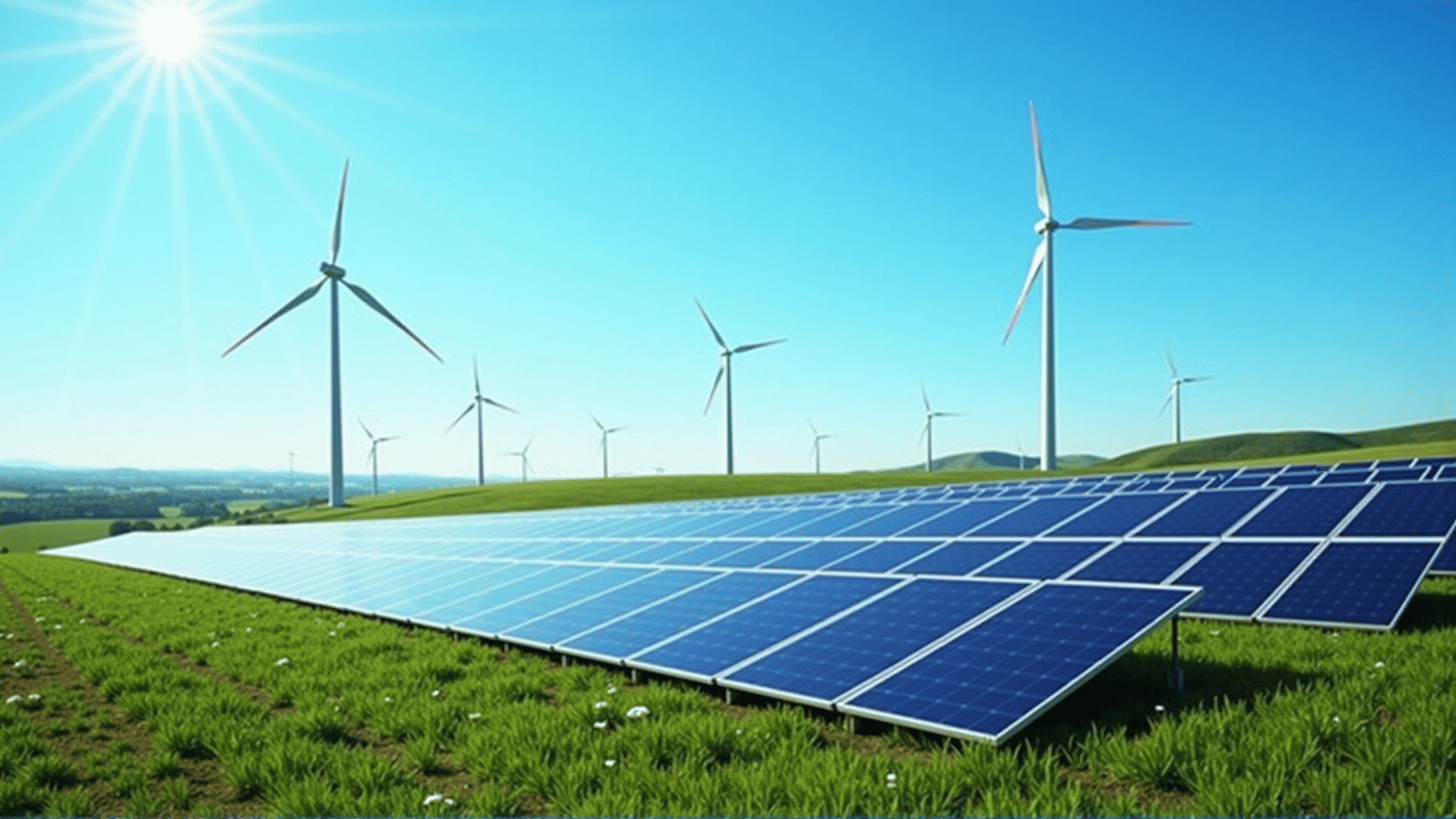In an era where environmental concerns have reached a critical crescendo, the role of technology in fostering a sustainable future is more pivotal than ever. Our dependence on technology continues to deepen, yet it is imperative that this innovation does not come at the cost of planetary health. Hence, sustainable tech solutions are emerging as a beacon of hope, promising a balance between progress and environmental responsibility.
Central to the development of these solutions is the principle of creating technologies that not only reduce harm to the environment but actively contribute to ecological restoration. One of the most promising areas is renewable energy. Photovoltaic solar panels and wind turbines are now common sights, harvesting clean energy from the sun and wind. These technologies not only reduce reliance on fossil fuels but also represent a significant step toward decreasing greenhouse gas emissions. Recent advancements have made these sources more efficient and accessible, encouraging wider adoption.
Moreover, energy storage solutions, such as advanced battery technologies, are critical to sustaining these renewable energy systems. Powerful, long-lasting batteries mean that renewable energy is available even when the sun isn't shining or the wind isn't blowing, ensuring a steady power supply and bolstering the reliability of clean energy grids.
Another significant trend is the drive towards creating smart infrastructures, which utilize the Internet of Things (IoT) to enhance energy efficiency. Smart grids, for example, use IoT to optimize the distribution of electricity, predicting and adapting to changes in energy demand and supply. The result is a more resilient and efficient energy network that minimizes waste and maximizes utility.
Sustainable tech is also revolutionizing the way we approach urban development and agriculture. In smart cities, sustainable building materials, efficient design, and intelligent systems ensure that urban growth does not equate to increased environmental burden. Vertical farming and precision agriculture technologies are transforming the agricultural landscape, using AI and IoT devices to monitor plant health and optimize water use, thus reducing the ecological footprint of food production.
Despite these advancements, the path to widespread adoption of sustainable technologies is fraught with challenges. Economic barriers, entrenched interests, and technological inertia can often slow progress. Nevertheless, increasing public awareness and pressure for environmental responsibility are encouraging governments and corporations to invest in sustainable innovations. Policy frameworks that incentivize green technologies through tax breaks and grants play an indispensable role, effectively accelerating the transition to a sustainable economy.
Education and collaboration are also key. Universities and research institutions are hubs of innovation, researching next-generation materials and more efficient technologies. Collaborations between public bodies, private businesses, and non-profit organizations are fostering an ecosystem where innovation thrives, scaled efficiently to address global challenges.
Ultimately, the journey towards a more sustainable future hinges on the synergy between technological innovation and ecological mindfulness. By embracing sustainable technologies, we can safeguard our planet and create a future where technological and environmental imperatives are not in opposition but in harmony. It is a robust reminder that innovation does not inherently mean exploitation—it can signify restoration and stewardship, paving the way for a greener tomorrow.
